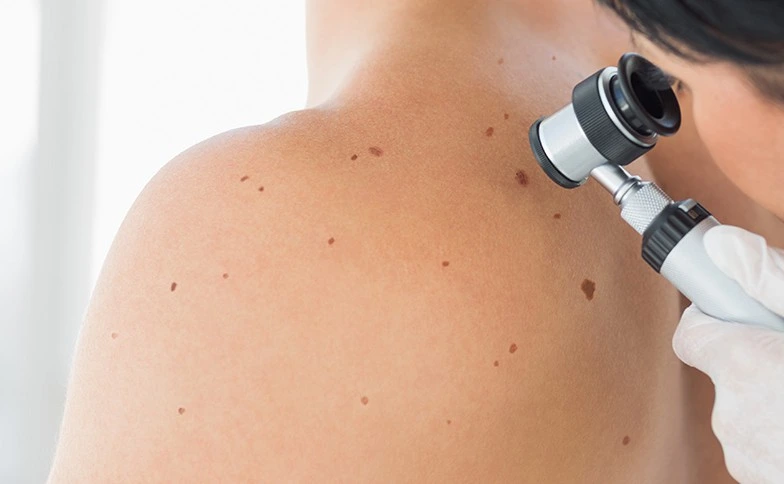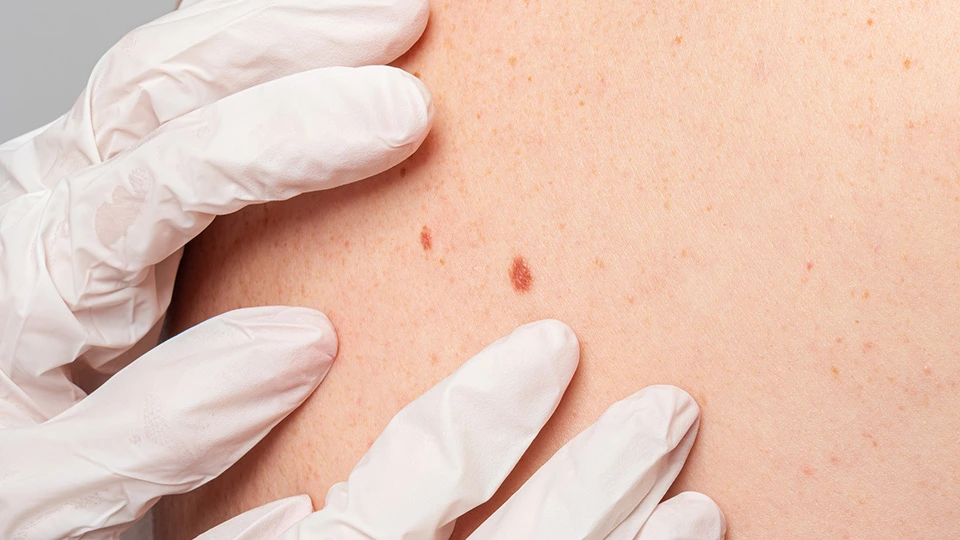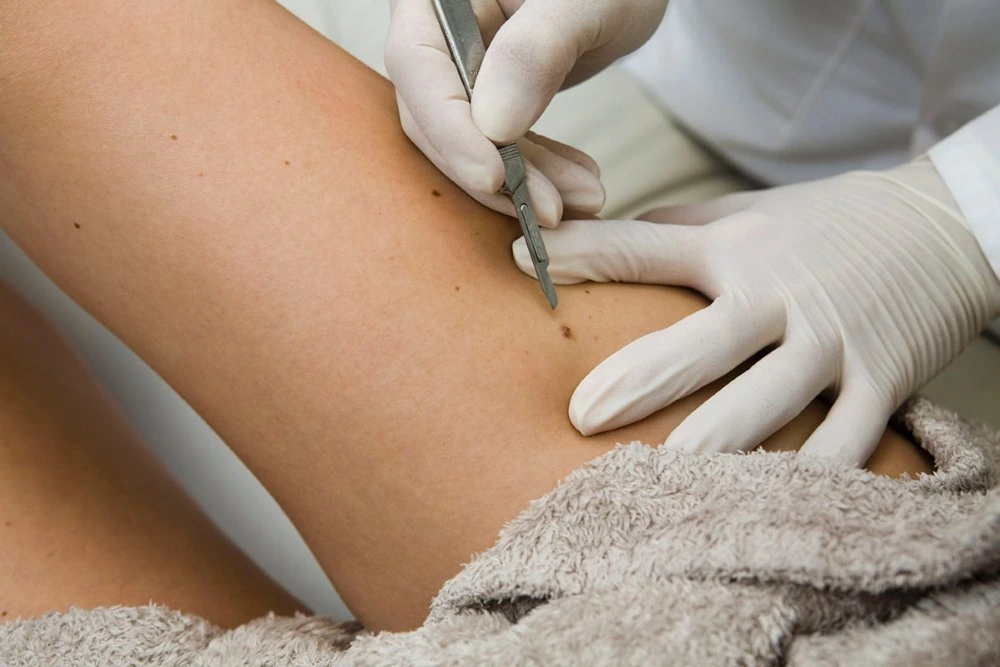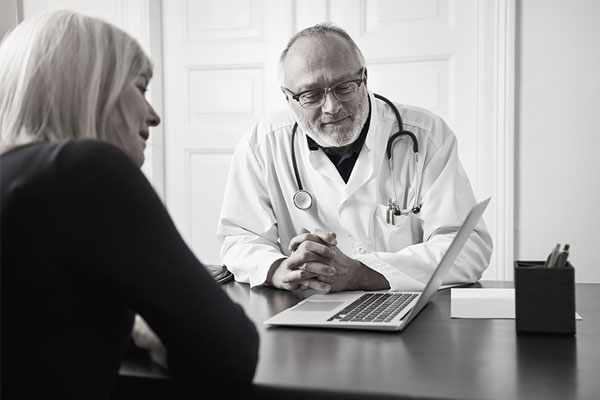Skin Cancer Screenings in Abu Dhabi
Elyzee Hospital is one of the best medical centers in Abu Dhabi specializing in Skin Cancer Screenings.

Skin Cancer Screenings in Abu Dhabi at Elyzee Hospital
Countless individuals are at risk from skin cancer, which can be fatal if not detected early. To achieve favorable treatment outcomes. Timely identification is key. Therefore. Its’ essential to remain proactive in monitoring for signs of this health issue. Skin cancer screenings are an essential tool in identifying suspicious moles, lesions, or skin abnormalities, enabling timely intervention and treatment. In this comprehensive guide, we will delve into the world of skin cancer screenings, exploring their benefits, the ideal candidates for this procedure, the consultation process with a medical professional, preparation requirements, the procedure itself, recovery, final results, and concluding thoughts. By prioritizing skin cancer screenings, you can take proactive measures to safeguard your skin health.
The Benefits of Skin Cancer Screenings
Skin cancer screenings offer a myriad of benefits when it comes to maintaining skin health and detecting potential skin cancers. First and foremost, these screenings allow for the identification of suspicious moles, lesions, or abnormalities, leading to early detection. Furthermore, skin cancer screenings provide peace of mind, education on sun protection, early warning signs, and risk factors associated with skin cancer. By embracing regular screenings, you empower yourself with knowledge and take an active role in your skin health.


The Ideal Candidates for Skin Cancer Screenings
The following group can benefit significantly from periodic checks for early detection of cancerous growth- people having past personal experience with multiple incidents of melanoma; family members with such cases; those born with fair complexion containing several surfaces spots and exposé to constant UV rays; individuals involved in prolonged outdoor activities under scorching sunshine. Prioritizing these essential tests becomes more crucial if you had undergone medical intervention before or suffered unexpected serious burns caused due to repeated incident in the past. Early detection is especially crucial for those at higher risk, as it allows for timely intervention and better treatment outcomes.
Consultation with a Medical Professional and Preparation for the Procedure
For optimal outcomes in regards to monitoring and diagnosing concerning lesions, seeking out assistance from specialized healthcare professionals such as dermatologists is crucial before starting a skin cancer screening procedure. To begin this journey towards early detection, patients are encouraged to schedule appointments for consultations where their current concerns can be discussed in detail alongside evaluations based on their unique background surrounding other relevant health factors along with getting clear notification regarding what procedures entail while responding effectively towards addressing all queries arising from these sessions. Adequate preparation for the procedure may involve:
1. Noting Concerns: Make a list of any specific areas of concern, new moles, changing lesions, or skin abnormalities to discuss during the consultation.
2. Skin Preparation: On the day of the screening, ensure your skin is clean and free from lotions, oils, or makeup, as these substances can interfere with the examination.
What Happens During the Skin Cancer Screening Procedure
During a skin cancer screening, the medical professional will conduct a comprehensive examination of your skin to detect any signs of skin cancer or suspicious lesions. The procedure typically involves the following steps:
1. Visual Examination: The doctor will meticulously examine your entire body, including areas typically not exposed to the sun. They will evaluate existing moles, freckles, birthmarks, and any abnormal skin growths.
2. Dermatoscopy: Dermatoscopy, also known as dermoscopy, is a technique that utilizes a handheld device with magnification and lighting to examine individual moles and skin lesions in greater detail. This method helps identify specific features that may indicate the presence of skin cancer.
3. Biopsy, if necessary: If the doctor identifies any suspicious moles or lesions, they may recommend a biopsy. During a biopsy, a small sample of the skin is taken for laboratory analysis to determine if it is cancerous. Biopsies are conducted under local anesthesia and may involve minimal discomfort.
After the Procedure and Recovery
Skin cancer screenings are typically non-invasive procedures that do not require specific recovery periods. Following the screening, you can resume your normal activities without any restrictions. It’s essential to note that after a biopsy procedure, there will be specific care requirements for the affected area. Instructions given by your doctor could entail maintaining cleanliness and utilizing appropriate dressings for recovery. Keeping up with follow-up appointments with your healthcare provider is vital to understand test outcomes ad recommendations on future measures.
Final Result
The ultimate result of a skin cancer screening is knowledge and peace of mind. A negative screening result provides reassurance that no suspicious moles or lesions requiring further investigation were found. Regular skin cancer screenings are a key component in preserving overall skin health and reducing potential risks related to this disease. Early detection plays an integral role in leading to potential improved treatment outcomes upon receiving a positive result.
Conclusion
To prioritize your well-being its’ crucial to regularly schedule skin cancer screenings. These screenings are particularly significant for individuals with known risk factors or a previous history of skin cancer. By undergoing regular screenings, individuals can detect potential skin cancers at their earliest stages, enabling timely intervention and increasing the likelihood of successful treatment outcomes.

FAQs
Skin cancer screenings are typically painless. The procedure involves a thorough examination of the skin using visual inspection and sometimes dermoscopy.
Skin cancer screenings are typically painless. The procedure involves a thorough examination of the skin using visual inspection and sometimes dermoscopy.
The most appropriate screening frequency for skin cancer differs from person-to-person and depends on several pertinent individual factors including one’s background regarding this illness. Some other critical determinants are risk levels of developing skin cancer plus the existence of worrisome indications like unsavory moles or blemishes on the body surface area. It’s therefore highly advisable to confer with a qualified dermatologist or medical expert who can recommend customized check-up time frames tailored towards one’s unique needs.
While self-examination is valuable for identifying changes or abnormalities, it is not a substitute for professional skin cancer screenings. Healthcare professionals have specialized training and tools to conduct thorough examinations, ensuring accurate results. Self-examination should complement regular screenings conducted by a medical professional.
Healthcare professionals always strive to ensure accurate results in cancer screenings, but there is a slight possibility of false-negative or false-positive findings. False positives and false negatives can happen based on how accurately they identify lesions in our bodies’ tissues. False negatives occur when tumors go undetected during routine inspection periods. However, all doctors must investigate recommended suspicions established under a patient’s family history who receives unforeseen alarming conditions triggering significant changes in check-up findings. This may lead to misleading test reports and surgeries that often result in negative outcomes known as assertive safety events (ASEs) in medical term abbreviation context. Healthcare service providers must explain their expertise used while practicing quality disciplines motivated by genuine professions honor codes when it comes to ethical considerations regarding accountable professional conduct. False positives, on the other hand, result from suspicious tissue becoming non-cancerous upon evaluation afterward.
Make An Appointment

